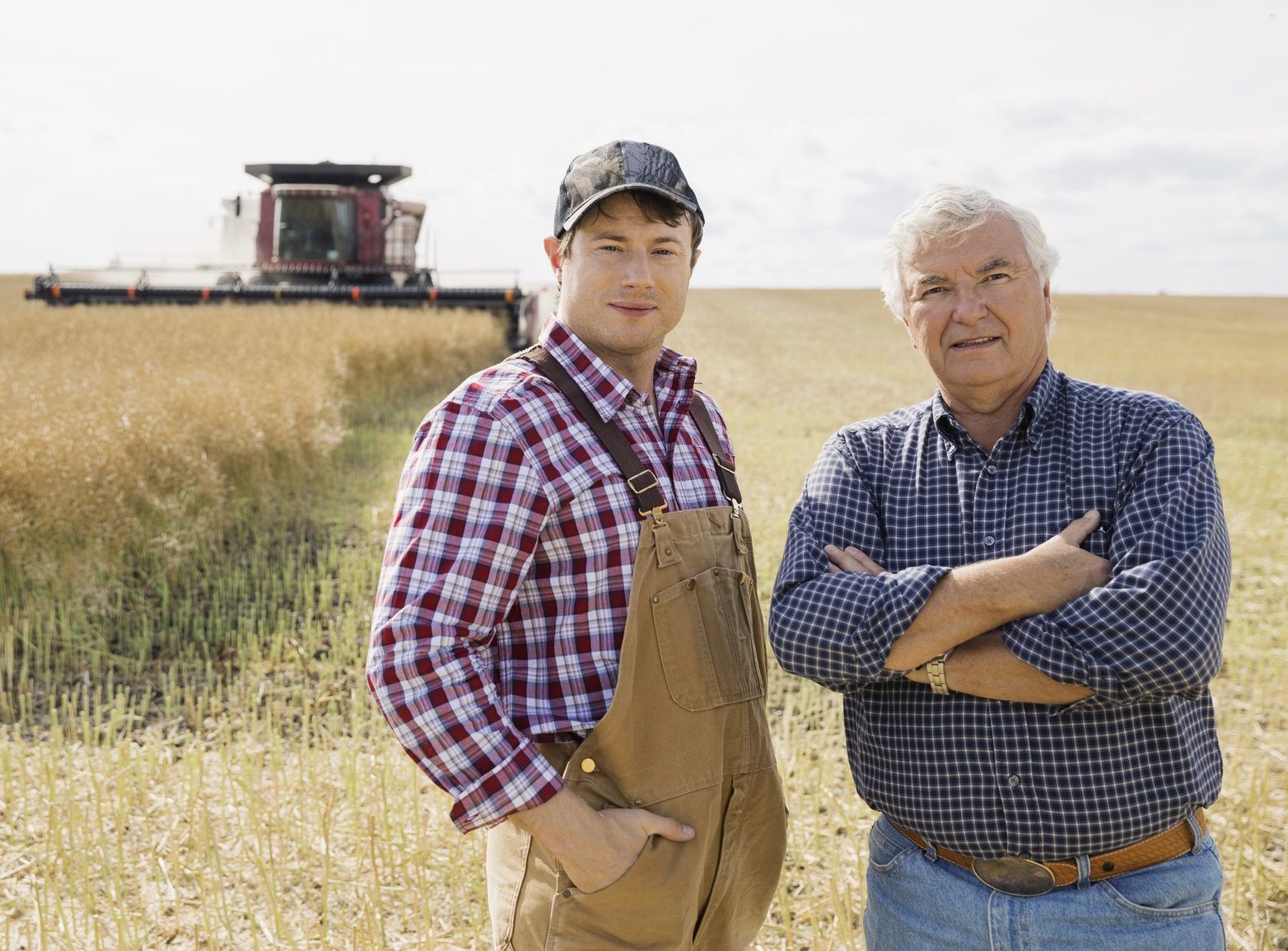Here’s a farm and family situation that is not unusual. Two brothers have been farming together for years. Let’s say that they’re mid-40s and have been farming for 20 to 25 years.
They started out farming with their parents. Things generally went well with the farming part, but there wasn’t much of a plan for transition of ownership and management as their parents exited the business.
Memories tend to fade a bit over time, but suffice to say the general opinion is that things could have been handled better as their parents exited. There were hard feelings at times and especially with their non-farming siblings, both then and now.
When everyone gets together, something triggers a discussion about the farm. Emotions can run high in the moment. There’s no resolution. What was done was done and they move on. Until the next time.
The farming brothers vow to approach transition differently so mistakes that were made in the past are not replicated. The farm is much larger now and as usually is the case, one of the brothers has children who are older and who want to farm. The other brother also has children, but they haven’t reached an age where they’ve indicated an interest in farming.
The brothers often talk about their collective farm and its situation. What to do and how to go about doing it are important issues. The brother with the older children who want to farm believes they need to expand to accommodate more farming family members. Point of entry for the next generation needs to be addressed. A plan is needed.
If that doesn’t materialize and the next generation of farming children enter the business in some way, chances are that the mistakes the brothers believe their parents made will re-occur. And keep in mind that this time, it’s cousins who will farm together and have to work through the mistakes — real or perceived.
The brothers know this but the only context they have for succession planning, as it was known when their parents were preparing to retire, was the transition to them. There is no history to understand how to make a farm work when cousins are farming together. They understand that there will be additional complications.
That brings the discussions back to what to do and how to go about doing it. On it goes. A year or two can slip by without major impact in the near term.
In many situations, a decision is finally made by the brothers to split and start farming on their own. There are lots of things to sort out but it seems best because they’re not going to agree on a plan that will accommodate the brother’s children who want to farm. There are too many unknowns.
They eventually split up the farm. Can this be done? Certainly. There are assets to divide. Land is key. There is likely some land jointly owned within a corporate entity but it can be rolled to new corporations that each brother could create.
There is often sentimentality about their parents’ home quarter or land that was homesteaded generations ago. Rented land is often a problem area. Who gets what parcels? Who gets the opportunity for the neighbour’s land when the neighbour retires next year?
Then there’s equipment. It’s usually the easiest to work through, albeit associated debt can be tricky.
Infrastructure can be the worst. What to do with shops and bin yards worth hundreds of thousands of dollars?
These are all details to understand. Can this be done? Certainly.
Here’s what likely will happen. Let’s just consider the situation of the brother with the children wanting to farm. He and his spouse always wanted to farm with their kids so this is a great situation. Not that farming with the brother wasn’t good. It’s just going to be good farming with their kids.
Equipment is purchased to align with the new acreage. The investment in infrastructure is made. Shops and bins are built. More land is acquired as the next generation enters the business.
The split occurs in 2023. Twenty years from now, the parents will have started to move toward retirement. The children, let’s say a brother and a sister, are now in their mid-40s and prepare to farm together once their parents are no longer involved.
They’ve decided there’s great economies of scale and workflow benefit from farming together. But there’s a catch. One of them has children who are older and who want to start farming right away.
We’ve come full circle from the challenges in trying to figure out what to do and how to do it. Things will be different 20 years from now but the underlying family and business dynamics will not have changed.
The more things change, the more they stay the same.
I’m not bold enough to say I know the answers to what to do and how to do it. What I do know is that the dynamics of transition planning will continue to evolve. What was once, and for the most part continues to be, a once-in-a-generation planning activity when parents retired, now requires continual attention from farm families as they proceed through their farming careers.
If you would like to speak to one of our consultants about this topic contact us.



